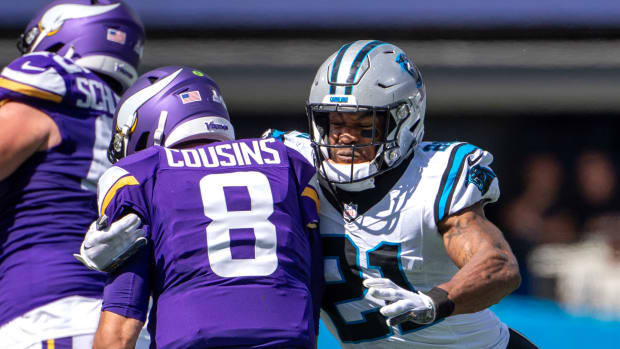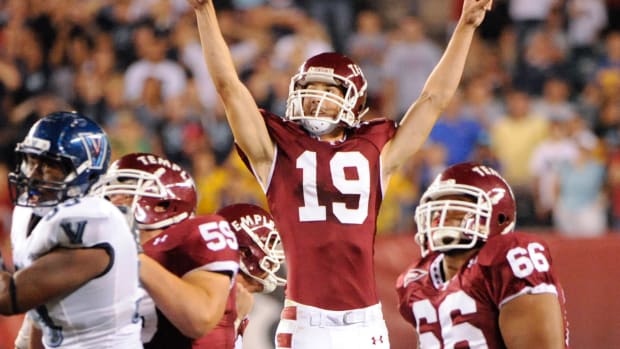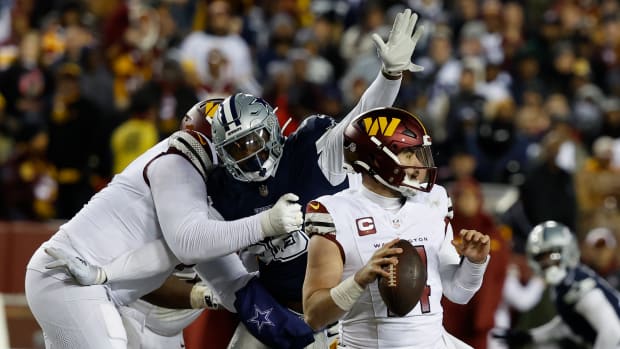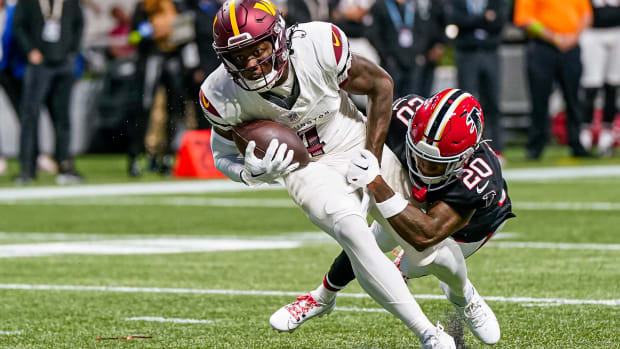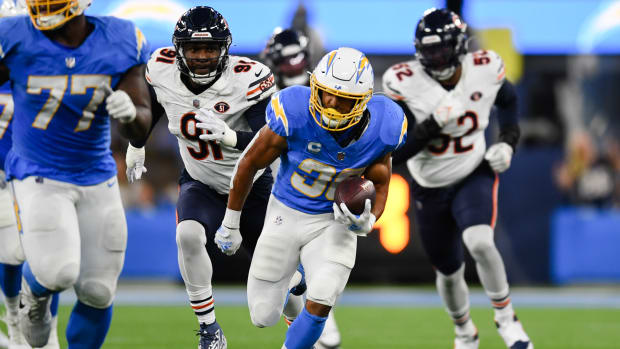Rewinding the Clock on Rhodes
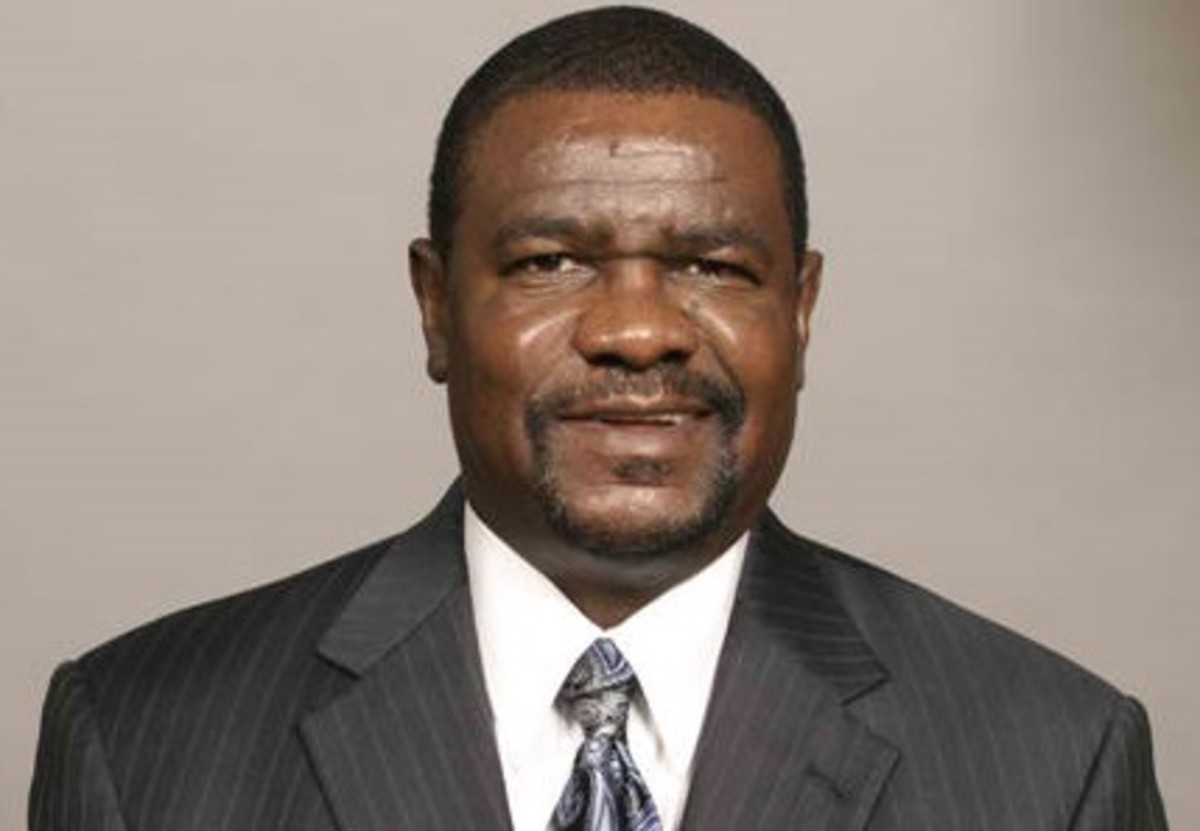
Yesterday (Monday) was Dr. Martin Luther King Jr. day.
As a result, we are encouraged to recall the contributions of King who often said, “Judge a man not by the color of his skin, but by the content of his character”.
Twenty years ago this week, January 24, 2000, the Washington Redskins hired Ray Rhodes to be their new defensive coordinator.
Rhodes had come to Washington from Green Bay, where he had been hired to replace Mike Holmgren who had led the Packers to seven consecutive playoff appearances; even more, one Super Bowl victory over New England in SB XXXI.
However, that season was a struggle for Rhodes, and following an 8-8 season where the Packers did not make the playoffs for the first time in nearly a decade, Rhodes was abruptly fired.
Rhodes thus came to the Redskins, hired by head coach Norv Turner to bolster a weak defense.
The Redskins had gone 10-6 in 1999, won a playoff game over Detroit 27-13 behind an effective offense averaging 27.7 points a game, second in the NFL.
However, the defense under the direction of defensive coordinator Mike Nolan struggled throughout the season, yielding 23.6 points a game, 24th in the NFL.
Even worse the defense ranked last in the league, allowing 356 yards per game.
Owner Daniel Snyder insisted to Turner that a change was necessary; Turner thus replaced Nolan with Rhodes.
In addition, to bolster the anemic 1999 defense, the Redskins drafted Penn State linebacker LaVar Arrington second overall in the 2000 NFL draft.
If that wasn’t enough, the Redskins also had signed veteran defensive free agents, defensive end Bruce Smith, free safety Mark Carrier and cornerback Deion Sanders.
Though quarterback Brad Johnson had completed 60.5 percent of his passes for 4,005 yards in 1999, Snyder desired and signed 32 year-old quarterback Jeff George as a free agent as well.
With Rhodes as defensive coordinator in 2000, the Redskins defense improved noticeably, yielding only 16.8 points a game, ranking 7th in the NFL.'
However, the offense regressed, scoring only 17.6 points a game, 24th in the league.
Johnson though completing 62 percent of his passes, struggled throwing 11 touchdowns but 15 interceptions.
George was not any better completing a lower percentage of his passes (58 percent) while passing for seven touchdowns and six interceptions.
The Redskins had started the season’s first half (6-2), but when they lost two consecutive home divisional games to Philadelphia (23-20) and New York (9-7), they were spiraling downward out of control, having lost four of five and at (7-6) overall. Turner was fired with three games remaining on the 2000 schedule.
Perhaps no Redskins team in their history had made so many big-name moves in the off-season regarding players and even a new defensive coordinator in Rhodes.
Nevertheless they finished 8-8, one of the biggest disappointing teams in Redskins modern history and a new staff was hired in 2001.
For Rhodes, what had been a promising opportunity to improve a defense for a team with a very effective offense the previous season, ended in frustration in his one season in Washington.
Rhodes would be given two more opportunities as defensive coordinator in Denver (2001-02) and Seattle (2003-2005).
Fortunately for Rhodes, his last season as a defensive coordinator, he was a major leader in the Seahawks going 13-3, winning the NFC Championship, before losing to Pittsburgh in Super Bowl XL.
Ivan Lambert is a lifelong die-hard Washington Redskins fan, raised in Berryville, Virginia. He is married and the father of two fine young men. He is currently a sports correspondent for The Ledger in Lakeland, Florida and can be found on Twitter @IvanLambert18

